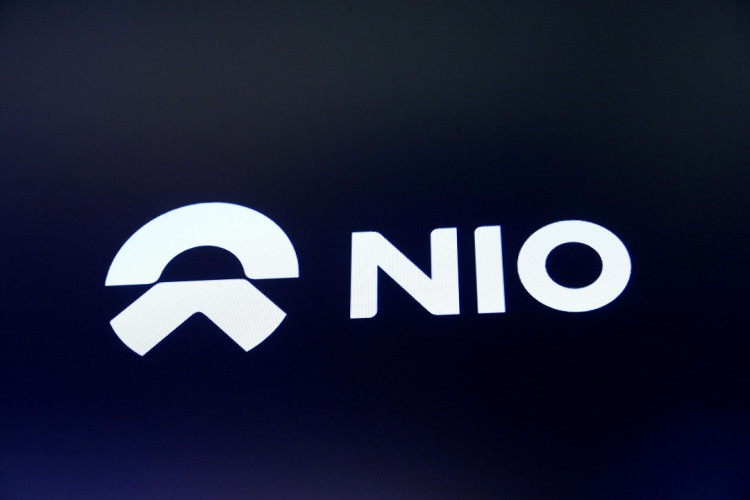The long-touted competitor to the US' Tesla Motors, Nio, is now barely able to stand on its own after having lost more than $5 billion in just four years. Tesla did manage to rack up $5 billion in losses, but it took it 15 years to reach that number.
Shanghai-based new energy company Nio is expected to release its earnings report on Tuesday. According to analysts, the report will likely reveal that the company has lost another $368 million during its second quarter, which is roughly a whopping $4 million per day.
Adding its previously reported losses, the Tencent-backed company would have lost a total of $5.7 billion since it was founded by William Li in 2014. The company had reached a peak market value of around $11.9 billion last year. However, due to a series of unfortunate events such as massive battery recalls and cost overruns, Nio has since seen it's market value drop by more than 74 percent.
Nio is trying to keep itself afloat with plans of large job cuts to reduce cost. The company is reportedly planning to cut its workforce by 14 percent to around 7,500 employees by the end of this month.
Nio is also trying to ramp up its quality control following the series of incidents involving its batteries unexpectedly catching fire or releasing smoke. Due to the battery issues, Nio was forced to recall more than 20 percent of all the cars it has ever sold or around 4,800 vehicles. Following the recall, car sales immediately dropped in the months that followed.
According to Bloomberg analysts, the next couple of months will likely see a big reshuffling of new energy vehicle startups in China. In the past, venture capitalists firms were the ones that were going after these companies to take their money. This is apparently not the case anymore as the company will have to prove themselves first before getting fresh capital.
China is currently the largest EV market in the world, accounting for almost half of the world's electric vehicle sales. EV sales in the country fell for the first time in July, following the scaling back of government EV subsidies. Sales numbers continued to fall in August, raising valid concerns on the sustainability of the market as a whole.
Industry experts have expressed confidence that the new energy vehicle sector in China can stand on its own without government subsidies. However, the removal of the subsidies will initially cause drastic reductions in companies' bottom lines, but that is expected to gradually recover in the months that will follow. Companies such as BYD have warned investors that earnings will drop in the coming months due to the subsidy cuts.






